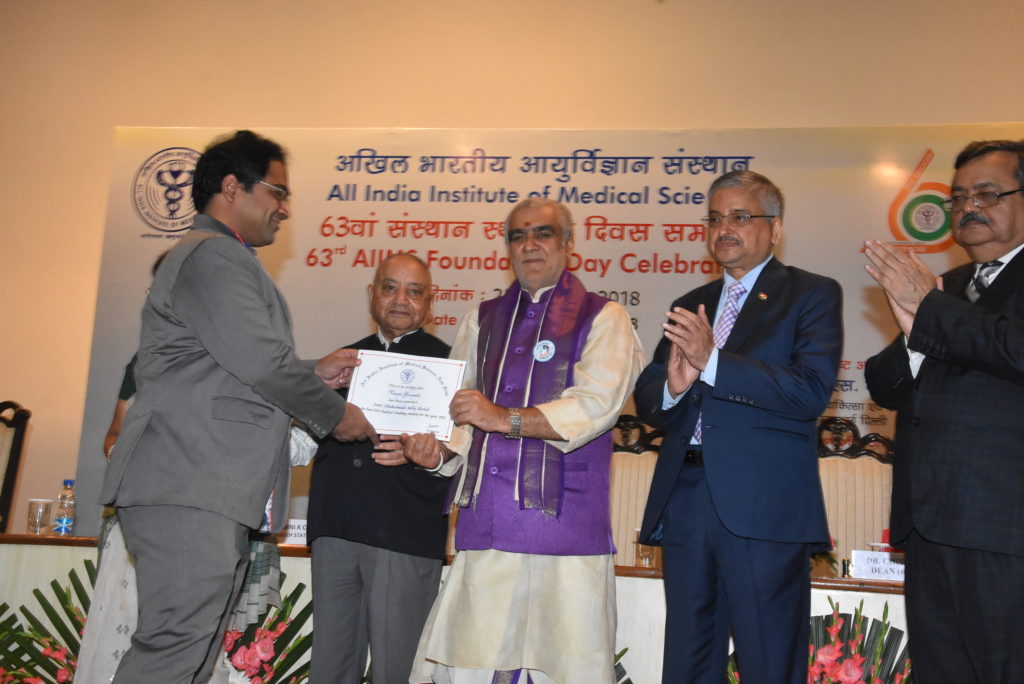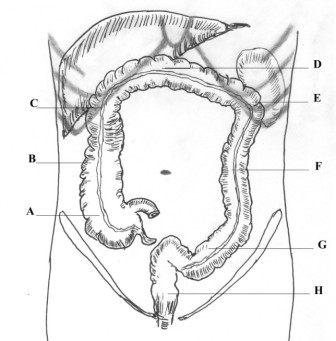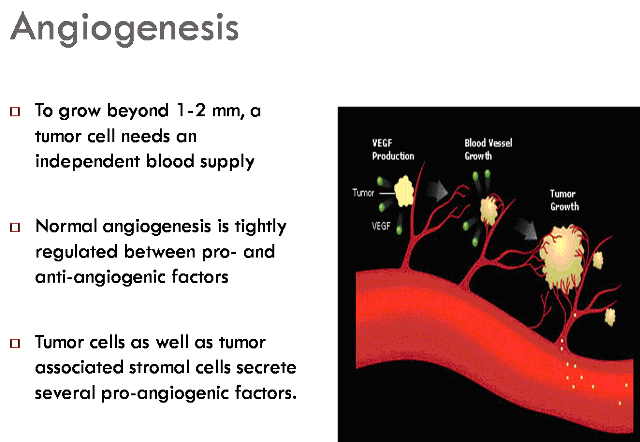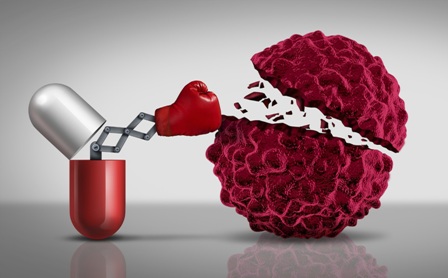Colon cancer | Colorectal cancer – Patient Educational Materials and Resources
Colon cancer treatment in Delhi | Colon cancer, rectal cancer, colorectal cancer specialist resources in Delhi NCR – AIIMS Gold Medallist Medical Oncologist formerly at AIIMS New Delhi for more than 12 years. भारत दिल्ली में आंत के कैंसर का इलाज. Access the best treatment of colon cancer (intestine cancer) in Delhi, Noida, Gurgaon, Faridabad with scientific, world-class therapy. More information here

Receiving the Gold Medal for best Medical Oncologist AIIMS New Delhi
What is colon and rectal (colorectal) Cancer?
The colon is also known as “large intestine” or “large bowel”. It is a part of the human digestive tract and is a hollow, tube-like organ present within the abdomen. Food is digested in the stomach and small intestine and then shifted to the colon. Digestion of food continues in the colon and stools are formed. The formed stools are stored in the terminal part of the colon, which is called rectum. Stools are ejected from the anal opening (anus).

A diagram of the colon in the human body
Different parts of the colon have their own names:
A: Cecum
B: Ascending colon
C: Hepatic flexure
D: Transverse colon
E: Splenic flexure
F: Descending colon
G: Sigmoid colon
H: Rectum
Cancer is defined as a uncontrolled multiplication of cells which also gain the ability to spread locally as well as spread to distant sites. So, colorectal cancer means cancer affecting the colon or rectum. Any part of the colon can be affected by cancer.
Learn more about cancer and why it happens
Why does colon cancer occur? What are the causes of colon cancer?
A number of risk factors for colon cancer are known. Some important ones are as follows:
- Diet is generally considered to have a powerful impact on colon cancer risk, and patients on different kinds of diet have different levels of risk of colon cancer. In fact, the kind of diet consumed is believed to account for much of the differences in colon cancer between western countries (where colon cancer is much more common) and India

Impact of diet on colon cancer risk
- A familial predisposition accounts for a small subset of colon cancer patients, as discussed below. However, the vast majority of patients have no family history
- Increasing age
- Smoking and alcohol use
- Geographical location (Western countries vs Asia) and racial differences
My family member has colon cancer. Does this mean I am at risk of colon cancer?
A small percentage (5-10%) of colorectal cancer patients have a familial component. Colorectal cancer runs in an inherited manner in some families, and emerging data indicates that this phenomenon may be more common than previously thought. A number of criteria and molecular tests are available to test if colon cancer is familial or not. A skilled oncologist can help you judge if your cancer may be familial or not.
Obtain a free E-consultation regarding familial colon cancer
How is the familial risk of colon cancer tested?
Usually, testing begins with a detailed history looking at all family members who have had cancer in the past. This is followed by molecular testing to check for mutations which may be present within the patient and thereafter, in family members.
Is it possible to prevent colon cancer?
Colon cancer is preventable and can be detected at an early, curable stage by various interventions (screening). Some methods of screening include testing of stools or colonoscopy (using a scope or by CT scanning)/sigmoidoscopy. However, testing for everyone is neither feasible nor recommended. Only high-risk individuals (for example, people with a strong family history) require screening.
Learn more about methods of colon cancer screening
Someone in my household has colon cancer. Can it spread to other family members?
Colorectal cancer is not contagious and cannot spread from person to person.
What are the symptoms of colon cancer?
At its earliest stage, colon cancer usually produces no symptoms. With disease progression, some common early symptoms of colon cancer include:
- Blood in stools
- Constipation and abdominal swelling
- Abdominal pain
If left untreated, colon cancer may spread locally or to distant sites. This leads to symptoms like:
- Severe bleeding or abdominal pain
- Jaundice
- Fluid in abdomen (ascites)
- Enlargement of lymph nodes in the left side of neck
- Bladder disturbances
- Bone pain
How is colon cancer diagnosed? What is colonoscopy?
Diagnosis of colon cancer requires a biopsy. Tissue for biopsy is generally obtained by colonoscopy.
Colonoscopy consists of a procedure where a thin flexible tube is inserted into the colon via the anus. This tube can be used to view the colon completely from inside and also to take biopsy from any suspicious area.

Appearance of the colon on colonoscopy
Watch a video of colonoscopy in a case of colon cancer
What is a biopsy? How is it done? Are there any risks of performing biopsy?
A biopsy is a procedure where a small amount of tissue is taken from the site of cancer and subjected to tests under a microscope. The most common way to do a biopsy in colon cancer is via colonoscopy. However, biopsy can also be taken from sites of metastases, such as lymph nodes or liver.
Biopsy is generally very safe. There are a few risks of biopsy such as bleeding or infection. However, serious side effects are rare. Biopsy for colon cancer does not lead to spread of cancer and is usually mandatory for treatment..
What tests will I have to undergo after a diagnosis of colon/colorectal cancer?
The exact test varies from person to person. Typically, the following tests are required
- Blood tests
- Colonoscopy (if not done earlier)
- CECT scan or PET scan of the abdomen and pelvis
- Chest X ray or CT scan
- Tumor markers (CEA)
- Genetic and molecular tests (some cases)
Additional tests may be needed in selected patients.
What is CEA? Why is it important?
CEA stands for carcinoembryonic antigen. It is a small substance that is present in very low quantities in the blood of all people, with the normal range being 0-6 ng/ml. In some cancers, CEA levels rise above normal and serves as a tumor marker. However, it is important to remember that it is not a perfect marker as it can increase in some nonmalignant conditions and can also be normal despite there being cancer in the body. Thus, a skilled oncologist should be consulted to interpret CEA levels.
Get a free E-consultation to help interpret your CEA level
What is meant by RAS, BRAF and MSI testing? Is it compulsory in every patient?
RAS, BRAF and MSI are molecular tests that help in deciding appropriate treatment in colon cancer. These are sophisticated molecular tests that are performed on tumor tissue obtained by biopsy or surgery. They are not needed for every patient. Your oncologist will order these tests in specific circumstances to help pick the best treatment for you.
What is meant by stage I, stage II, stage III and stage IV cancer?
Conventionally colon cancer is divided into stages, depending on how far the tumor has spread. In general, the distribution is as follows:
Stage I: Cancer confined to the colon, with limited penetration of the wall
Stage II: Cancer confined to the colon, with more extensive penetration of the wall
Stage III: Cancer spread to local lymph nodes
Stage IV: Cancer spread to distant sites
How is stage I-III colon cancer treated? Is it curable?
Stage I-III colon cancer is curable. At these stages, treatment consists primarity of:
- Surgery, to remove the cancer from the body
- Chemotherapy, to eliminate residual disease and ensure that the cancer does not come back
Learn more about cure rates in cancer
How is the treatment of stage I-III rectal cancer different from that of colon cancer?
In general, rectal cancer is located in an area of the body where removing all cancer cells by surgery is difficult. Thus, radiotherapy, sometimes together with chemotherapy is used more often for rectal cancer as compared to colon cancer, in addition to the above modalities.
Is stage IV colorectal cancer curable?
Stage IV colorectal cancer is curable is many circumstances. In general, these are patients with limited sites of cancer outside the colon. Cure can be achieved with aggressive use of multiple modalities to eliminate all sites of cancer. An expert oncologist is highly recommended for the treatment of stage IV colorectal cancer.
Note that colon cancer spread to the liver is stage IV colon cancer, and not liver cancer (which is a separate disease).
Send us a free E-consultation regarding treatment of stage IV cancer
What is chemotherapy?
Chemotherapy refers to drugs that fight and kill cancer cells
Chemotherapy, also known as cytotoxic therapy, refers to drugs that fight and kill cancer. Cancer cells generally have the property of dividing rapidly. On the other hand, most of the normal cells in the body do not divide rapidly like cancer cells. Chemotherapy works by killing only those cells which are growing and dividing rapidly. This allows chemotherapy to kill cancer cells while not affecting most of the normal cells in the body. You can get more information about chemotherapy here.
I have been offered the option of chemotherapy injections vs chemotherapy tablets. Which is better?
One interesting thing about colon cancer is that patients often have a choice between infusional chemotherapy with a drug called 5FU (which is given by IV injections) and chemotherapy tablets called capecitabine. While many patients tend to prefer oral tablets as compared to IV drugs, the following things are important to remember:
- Capecitabine cannot replace 5FU for every case
- Additional IV drugs are usually added to these agents, which may in turn make it easier to receive IV therapy overall
- There are differences in the side effect profile between IV and oral agents, which may guide the choice of therapy
Ultimately, your oncologist is best suited to answer this question with your preferences in mind.
Can I receive tablet chemotherapy instead of injections?
What is targeted therapy in colon cancer?
Targeted therapy is a new way of treating cancer developed over the past two decades. Targeted therapy uses specially developed molecules that affect specific features that are present on cancer cells and absent/low on normal cells. In this way, targeted therapy acts as a highly specific anticancer therapy with high effectiveness against cancer cells and low side effects.

Targeted therapy hits a specific cancer target
Learn more about targeted therapy
What is bevacizumab (Avastin)? How does it work in colorectal cancer?

Angiogenesis is the process by which cancer cells develop a blood supply
In order to grow in size, tumors need to develop a blood supply. This process is called angiogenesis. Bevacizumab is a drug (targeted therapy) which prevents tumors from developing their blood supply and causes their death by starvation in the absence of blood.
Bevacizumab is a commonly used drug in stage IV colon cancer. It has been found to improve remissions and in many cases help patients live longer. However, it is not compulsory for all patients.
Is bevacizumab right for you? Send us a free e-consultation
Learn more about how bevacizumab works
What is cetuximab (Erbitux)? How does it work in colorectal cancer?
Cetuximab is a targeted therapy that inhibits the growth of colon cancer cells by acting on EGFR receptors present on the surface of cancer cells. EGFR activation normally enhances the ability of cancer cells to grow, multiply and spread. Inhibition of EGFR leads to inactivation and death of colon cancer cells.
Cetuximab is an excellent drug in colorectal cancer, however it cannot be used for all patients. Whether to use cetuximab and in which setting depends on your precise cancer, it’s molecular markers and other factors.
Is cetuximab right for you? Send us a free e-consultation
What is immunotherapy? How does it work in colorectal cancer?

Immunotherapy is a new revolution in cancer
Immunotherapy is a novel way to treat cancer that has led to revolutionary changes in the way we approach cancer and its therapy. It has been discovered that a person’s own immune system normally patrols the body for cancer and kills cancer cells. Immunotherapy works by “boosting” the body’s normal anticancer activity so that the body itself can eliminate cancer via immune cells.
Immunotherapy is highly active in a subset of colorectal cancer patients and can produce dramatic results.
Learn more about colon cancer immunotherapy
What is the prognosis of colorectal cancer?
While the exact prognosis depends on the stage, distribution, biology, genetics and other factors, colorectal cancer is a highly treatable (and in most cases, curable) cancer. Patients who receive optimum therapy at stage I-III can expect high chances of permanent cures and live out their full lifespans. Some patients at stage IV remain curable and even incurable patients can live very long, healthy and productive lives with disease control.
Why should I consult a specialist for colon cancer treatment in Delhi?
Delhi is one of the best cities for colorectal cancer treatment. Colon cancer is a complex disease and the key to successful treatment is a dedicated and up-to-date oncologist who can offer world-class care
Inappropriate treatment at initial presentation can lead to disease relapse which may be incurable. On the other hand, proper treatment by an expert can permit cures even in stage IV disease. Thus, an expert should always be consulted for treatment. Dr Vineet Govinda Gupta is a colon cancer specialist in Delhi, Gold medallist from AIIMS and formerly at AIIMS for more than 12 years. You can get more information here. His detailed curriculum vitae is also available.
I want more information about cancer and its treatment…
You can access more information using various sections of this website. Some common topics of interest are linked below. For other topics you can use the menu above or the search box. If you cannot find your topic of interest, you can send me a free E-consultation using the form below.
- General information about cancer
- Information about chemotherapy
- Information about targeted therapy
- Information about cancer immunotherapy
- Liver cancer, gall bladder cancer, stomach cancer, kidney cancer and ovarian cancer: other common cancers in the abdomen
Obtain a free E-consultation online…
If you have additional questions not answered by the above section, use the form below to send me your queries and we will get back to you shortly. You can also Email me at vineetgovindagupta@gmail.com.

